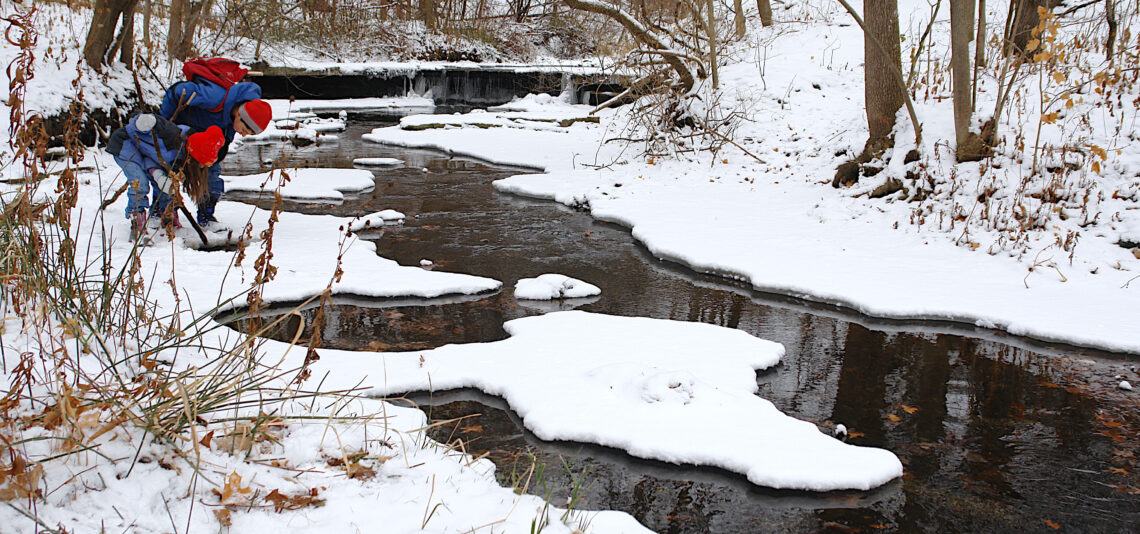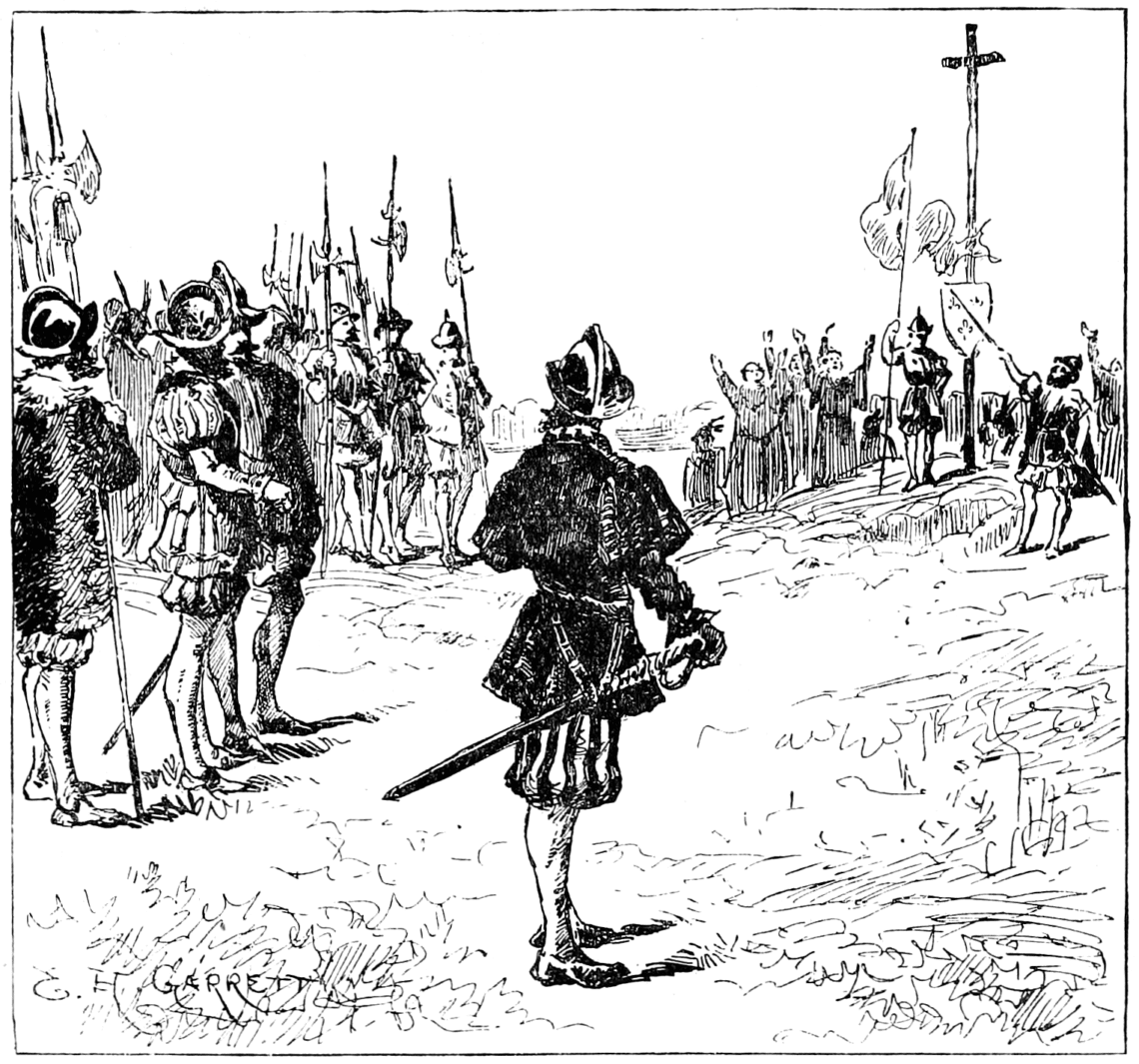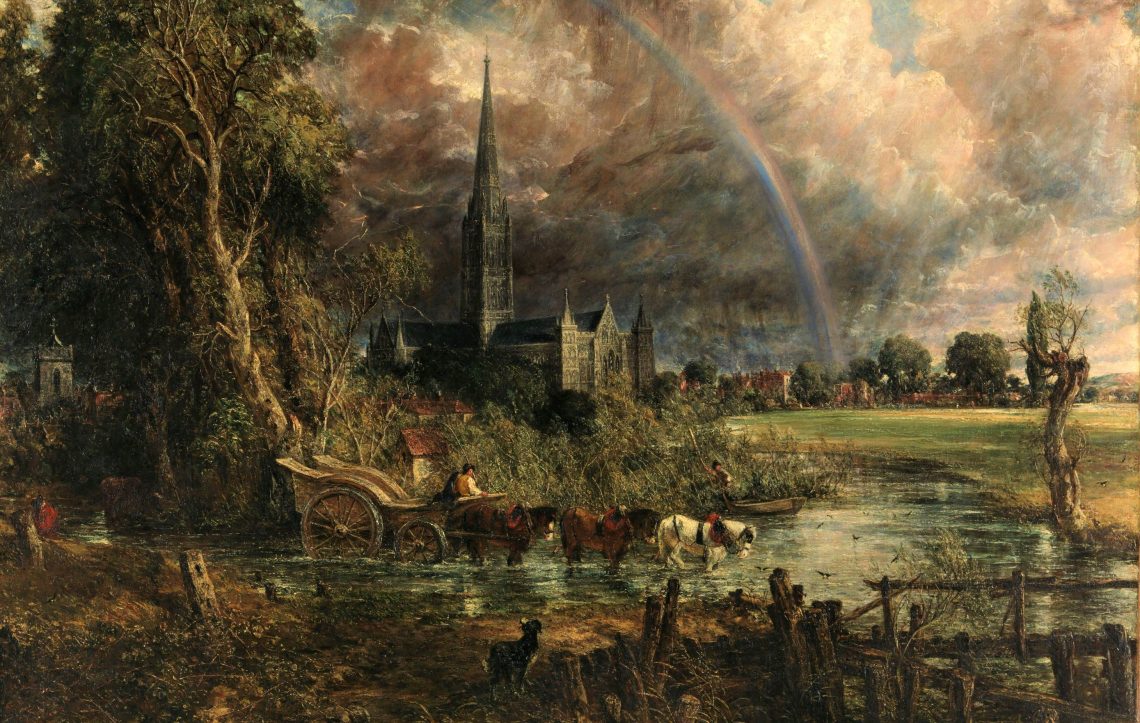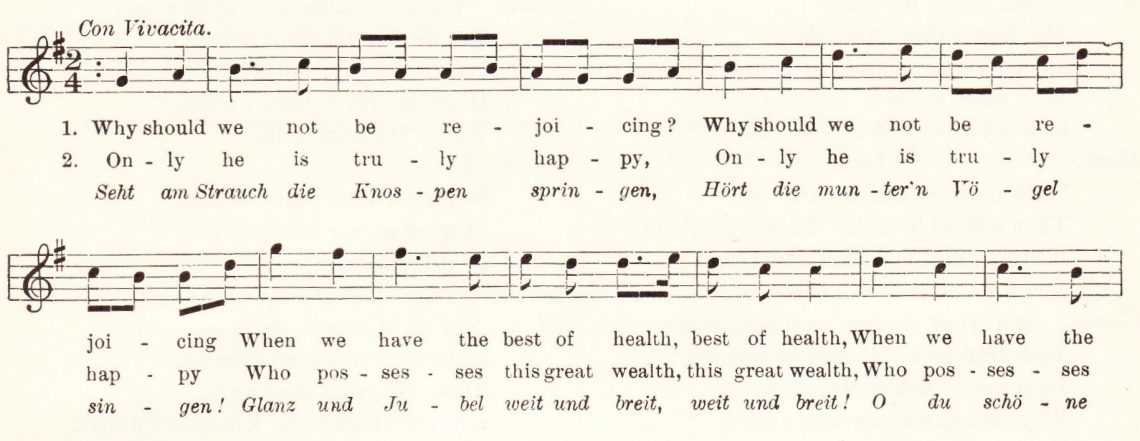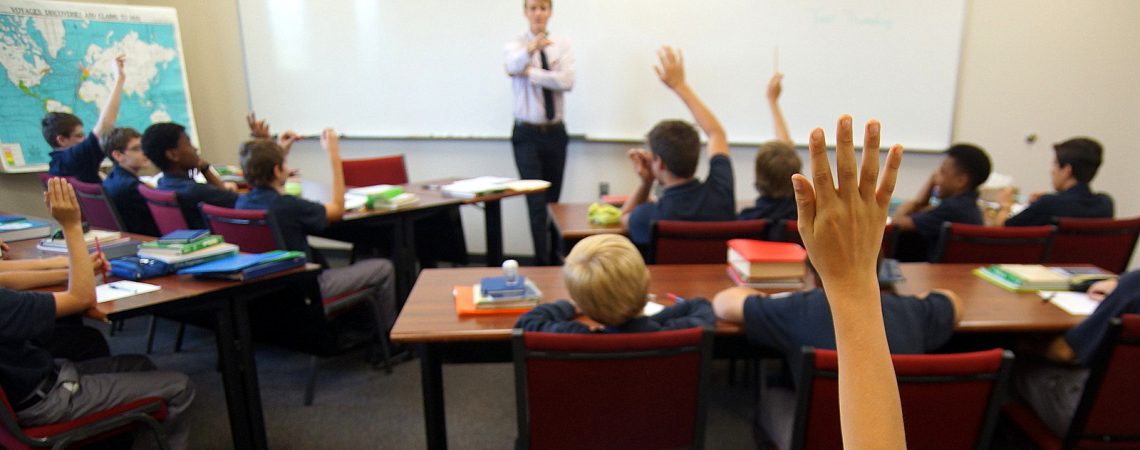An authentic, intellectually challenging education summons students to a difficult task, yes, but it also summons them to something real. Its arena is not the confined dimensions of a classroom or the fixed hours of a school day but the boundless world in which we live. True intellectual challenge is animated by the spirit of exploration; mere academic rigor by the specter of the grade.
-
-
On Qualitative vs. Quantitative Assessment
Numbers are not more real than words. On the contrary, the idea that a number like 82.3% could serve as a summary of student performance is the real problem. It cannot. What a student has learned is demonstrated in the skills, knowledge, understanding, and habits of mind he has acquired. Those skills are best understood linguistically, not numerically.
-
Save the Snow Day!
As important as the joy of a snow day is in and of itself, there are even deeper educational issues at stake in the snow day debate. It raises questions as to what counts as ‘education,’ how school and ordinary life ought to be integrated, and what the student brings to the table in that endeavor. The question of whether a snow day is no more than a ‘wasted opportunity for learning’ is the question of whether a child’s experience in the world outside of the classroom is an essential dimension of education or not.
-
Happy Public Domain Day, 2024
In 1998, Congress passed the Sonny Bono Copyright Term Extension Act (derisively known as the "Mickey Mouse Protection Act"). In a nutshell, the legislation extended the copyright on most published works from 75 years to 95 years. Immediately after it was passed, copyrights that had been set to expire in 1999 were extended for an additional twenty years. So followed two decades of public domain silence. This is the year that in many people’s minds, Disney gets its due.
-
The Industrial and Modernist Roots of Grading
“Did Socrates ever have to decide to give Plato an A or A-? Would Plato ever have given an early draft of one of Aristotle’s essays on ethics a 93%? Did a young Tommaso d'Aquino ever have to appeal to Albertus Magnus to overturn a B+? The answer to all of these is an obvious, “No.”
-
Blinded by Ideals: Mark Twain’s Wisdom for Classical Schools
The unique situation of the classical school revival in the modern age makes it especially vulnerable to the temptation of ideology.
-
Everydayness & the Restless Heart
Education, fundamentally, is about human flourishing, and in order for an education to succeed in engendering flourishing, it is necessary for it to reach the heart. It’s not enough to have a perfect grasp on Augustine, or to write a flawless essay on To Kill a Mockingbird. When I discover that the questions Augustine asks are my questions, or that Atticus Finch and I have something fundamental in common, human flourishing starts to happen.
-
Neither Modern nor Post-Modern: Newman on Certitude
Our reasoning might be user-relative, but truth is not itself relative. Our path to truth is only as subjects who seek it out from particular perspectives, but we must reject what C. S. Lewis later called “the poison of subjectivism” which posits that there are only perspectives and no full picture to which those perspectives attach.
-
The Importance of Being Inadequate
“I don’t know, I guess opera’s just not my thing,” I concluded, slouching against the wall of the music building hallway. After travelling across the state to Western Michigan University for a vocal competition, I’d sung some operatic repertoire for a panel of judges. Later in the day I received feedback from the judges, confirming, in part, what my teacher had been telling me for weeks.
-
Tradition and Authority in Luigi Giussani’s Educational Method
It’s more authentic to stand before a young person and humbly say, “I’ve found something I’m eager to share with you, and I want to provoke you to go on your own journey for the truth,” than to implicitly or explicitly deny that teachers, mentors, and other role models are speaking from tradition with authority. This kind of authority—the kind that loves the mystery of each human so much that it wants to guide each soul in the use of the great gift of freedom—is not a burdensome imposition. Rather, it’s a helping hand on the arduous journey of knowing one’s own purpose and place in the world.

